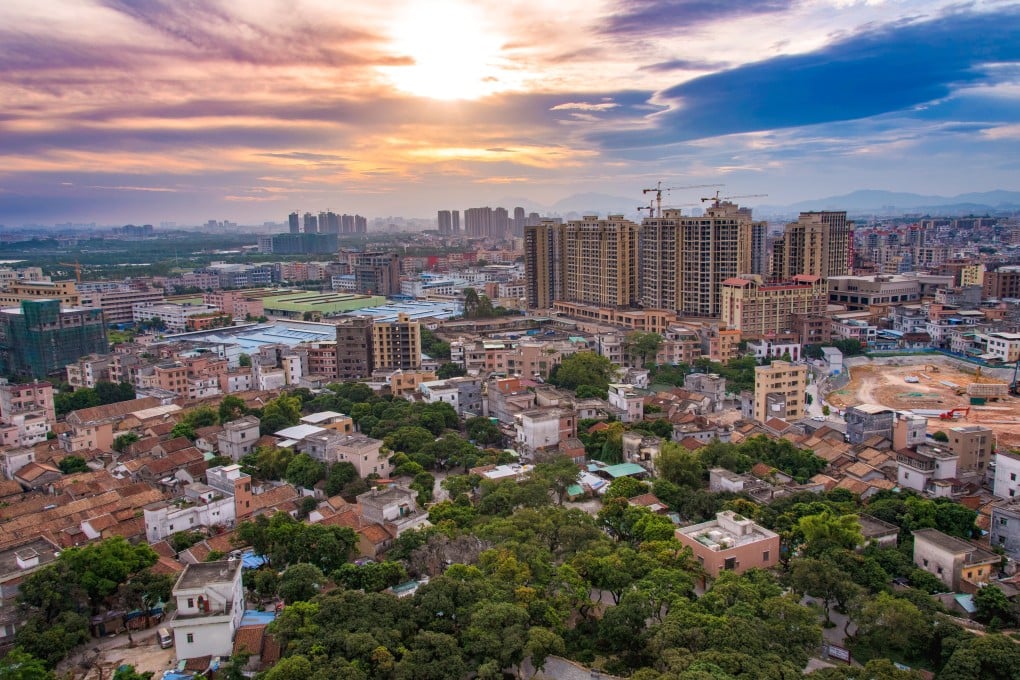Dongguan upstages Shenzhen and richer cities with first joint-ownership plan to ease China’s housing market pain
- Home prices surged nearly 30 per cent in Dongguan last year, the steepest inflation among major mainland Chinese cities
- The new ownership plan allows buyers to co-share with a state vehicle, with an option to buy out the government after five years at a discount on the market rate

The local government will start building homes under a joint ownership plan soon, where buyers can split the cost with a state-owned vehicle and take possession of the unit. Buyers will have an option to buy out the state in five years at a 20 per cent discount on the prevailing market price.
This easy ownership scheme is intended to fill real demand for housing from the working population in the city, the local government said on its website last week. It will also address growing concerns about runaway property prices, a constant irritant to the central government in its efforts to douse speculation in the US$2.7 trillion housing market.
“Dongguan is setting a very good example to all other cities on how to give access to people with real housing needs and with less purchasing power, instead of deep-pocketed speculators,” said Yan Yuejin, director of E-house China Research and Development Institute in Shanghai. “When everyone can afford a home, it is common prosperity.”

04:59
Xi Jinping declares ‘complete victory’ in China’s anti-poverty campaign, but some still left behind
Dongguan, which borders Shenzhen in China’s southern Guangdong province, is a victim of its own success, having transformed from a low-value manufacturing hub into a base for high-technology companies such as carmakers.